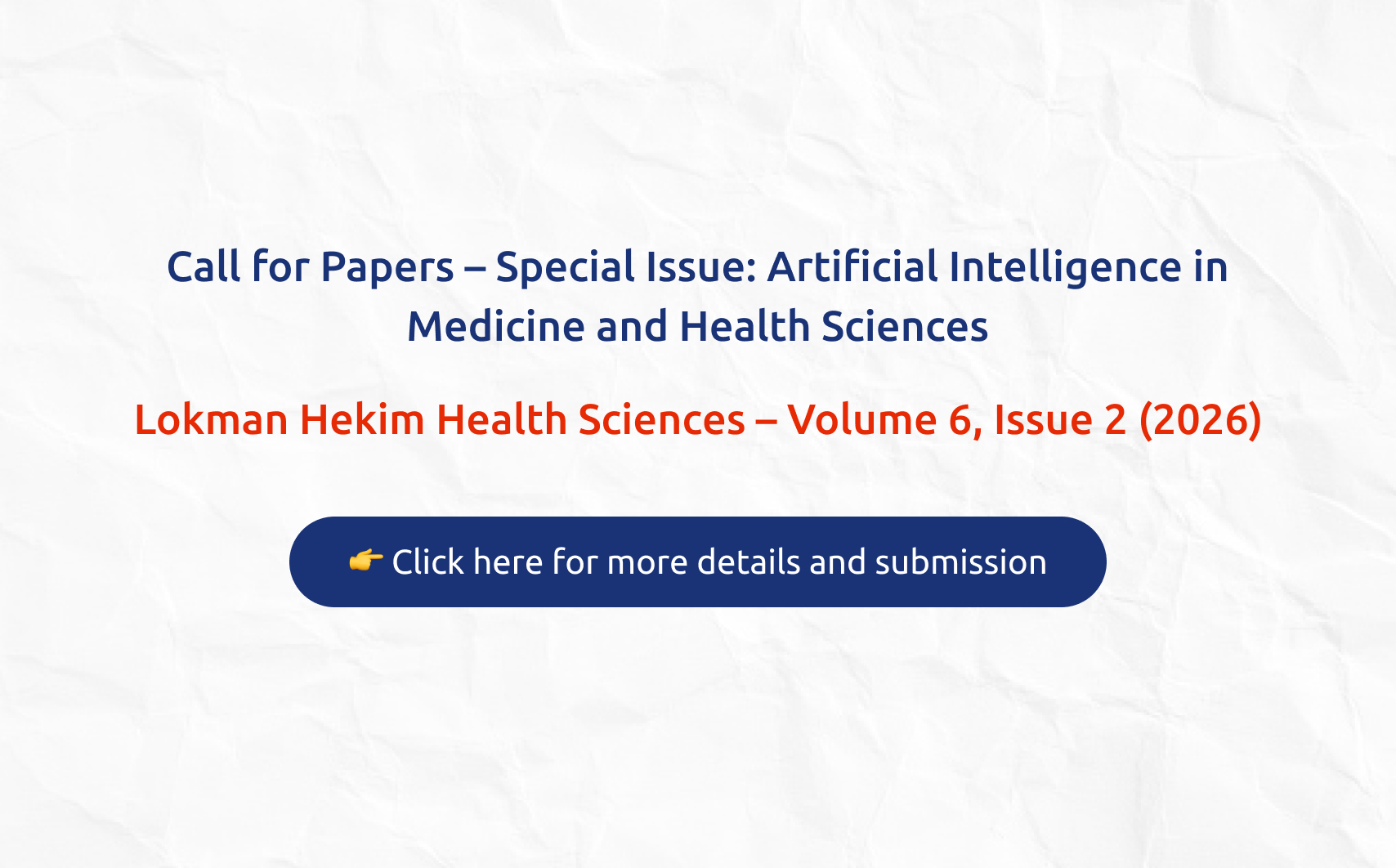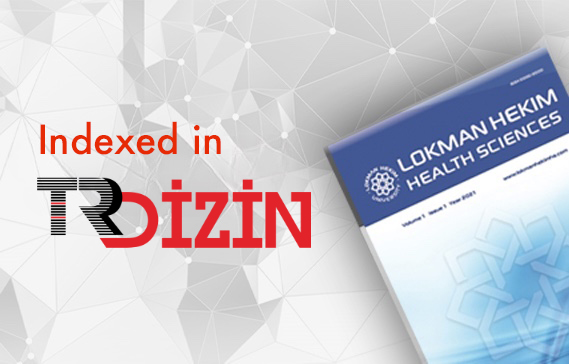2Department of Pediatric Nursing, Ordu University, Faculty of Health Sciences, Ordu, Türkiye
Abstract
Introduction: Individuals’ social, emotional, and cognitive skills develop through free experiences and independent interactions. However, helicopter parenting attitudes can prevent children from developing risk-taking, problem-solving, coping, and social skills and self-esteem by keeping them under constant supervision. The aim of this study was to determine the effect of perceived helicopter parenting on communication skills of nursing students. Materials and Methods: This descriptive and cross-sectional study was conducted with 443 nursing students. Data were collected between November 2023 and April 2024 using the sociodemographic questionnaire, the Communication Skills Scale, and the Perceived Helicopter Parenting Attitudes Scale. The collected data were analyzed using descriptive statistics, Mann-Whitney U, Kruskal-Wallis H test, and Spearman correlation with SPSS 24.0.
Results: The mean score of Communication Skills Scale of nursing students was 95.97±13.71. On the Perceived Helicopter Parenting Attitudes Scale, the mean scores were 42.19±9.91 for the maternal dimension and 36.95±9.07 for the paternal dimension, with the maternal scores being statistically significantly higher. Furthermore, statistically significant weak negative correlation was found between the Communication Skills Scale scores and the basic trust subscale scores of the Perceived Helicopter Parenting Attitudes Scale (r=-0.101; p=0.037).
Discussion and Conclusion: The study determined that maternal helicopter parenting perceptions in the basic trust dimension adversely impact the communication skills of nursing students. These results underscore the critical importance of fostering communication skills during nursing education. It is essential to design and implement programs that enhance students' self-confidence and strengthen their communication abilities throughout the nursing education process.
2
Giriş: Bireylerin sosyal, duygusal ve bilişsel becerileri özgür deneyimler ve bağımsız etkileşimler yoluyla gelişir. Ancak helikopter ebeveynlik tutumları, çocukları sürekli gözetim altında tutarak risk alma, problem çözme, başa çıkma, iletişim ve sosyal beceriler ile öz saygı geliştirmelerini engelleyebilir. Bu çalışmanın amacı, algılanan helikopter ebeveynliğin hemşirelik öğrencilerinin iletişim becerileri üzerindeki etkisini belirlemektir.
Yöntemler: Bu tanımlayıcı ve kesitsel çalışma 443 hemşirelik öğrencisi ile yürütülmüştür. Veriler Kasım 2023 ile Nisan 2024 arasında Tanıtıcı Bilgi Formu, İletişim Becerileri Ölçeği ve Algılanan Helikopter Ebeveyn Tutum Ölçeği ile toplanmıştır. Elde edilen veriler tanımlayıcı istatistikler, Mann-Whitney U, Kruskal-Wallis H testi ve SPSS 24.0 ile Spearman korelasyonu kullanılarak analiz edilmiştir.
Bulgular: Hemşirelik öğrencilerinin İletişim Becerileri Ölçeği toplam puan ortalaması 95.97±13.71’dir. Algılanan Helikopter Ebeveyn Tutum Ölçeği toplam puan ortalaması anne altboyutu için 42.19 ± 9.91, baba altboyutu için 36.95 ± 9.07 olup, ölçekte annelerine yönelik algıladıkları puanlar anlamlı düzeyde yüksek bulunmuştur. Ayrıca öğrencilerin İletişim Becerileri Ölçeği ile Algılanan Helikopter Ebeveyn Tutum Ölçeği temel güven alt boyut puan ortalamaları arasında negatif yönde, zayıf düzeyde istatistiksel olarak anlamlı bir ilişki olduğu belirlenmiştir (r=-.101; p=.037).
Sonuç ve Tartışma: Hemşirelik öğrencilerinin temel güven boyutunda helikopter anne algısının iletişim becerilerini olumsuz etkilediği belirlenmiştir. Bu sonuçlar, hemşirelik eğitiminde iletişim becerilerinin geliştirilmesinin önemini ortaya koymaktadır. Hemşirelik eğitimi sürecinde, öğrencilerin özgüvenlerini artırıcı ve iletişim becerilerini güçlendirici programların geliştirilmesi önem arz etmektedir.






 Dilek Uludaşdemir1
Dilek Uludaşdemir1 









